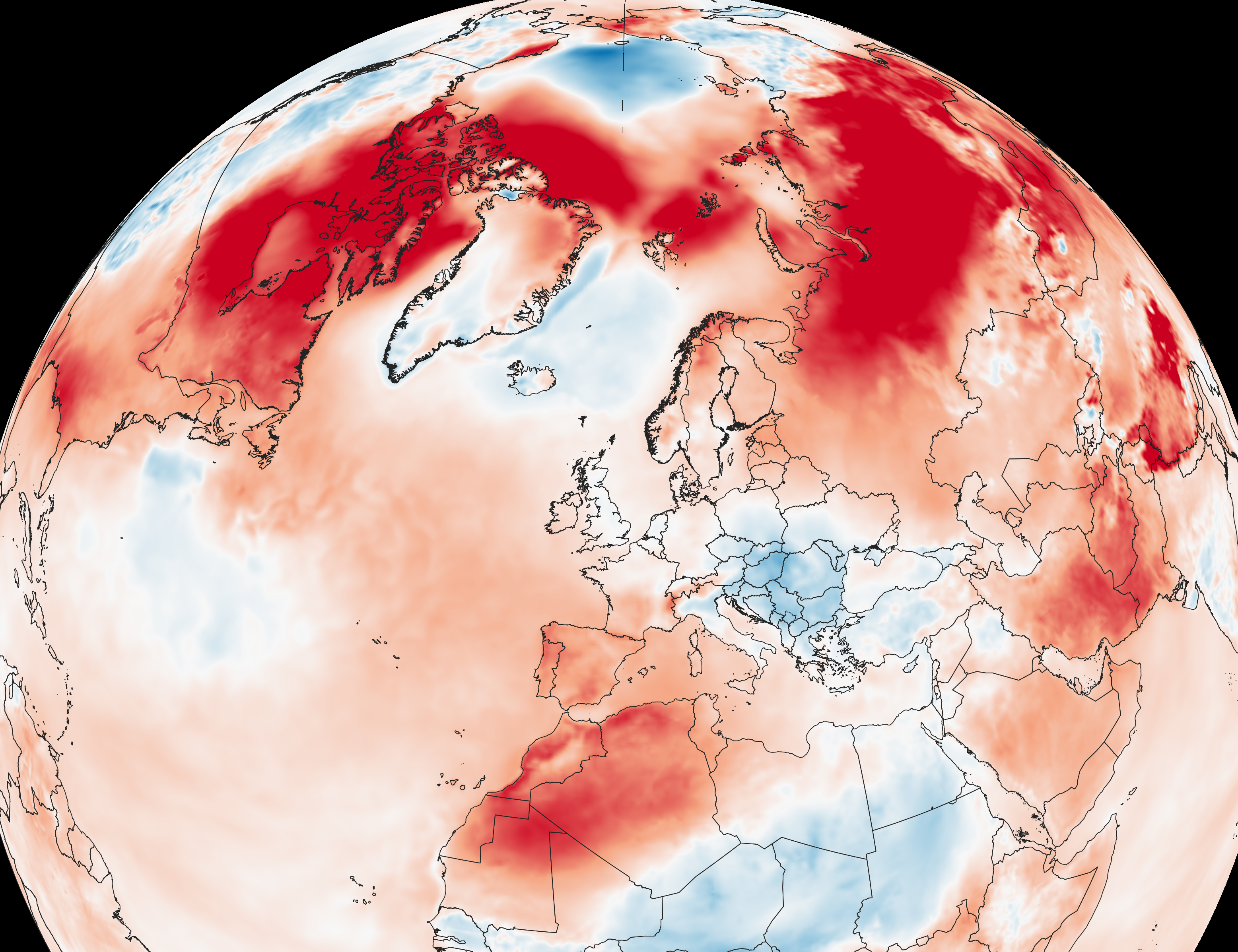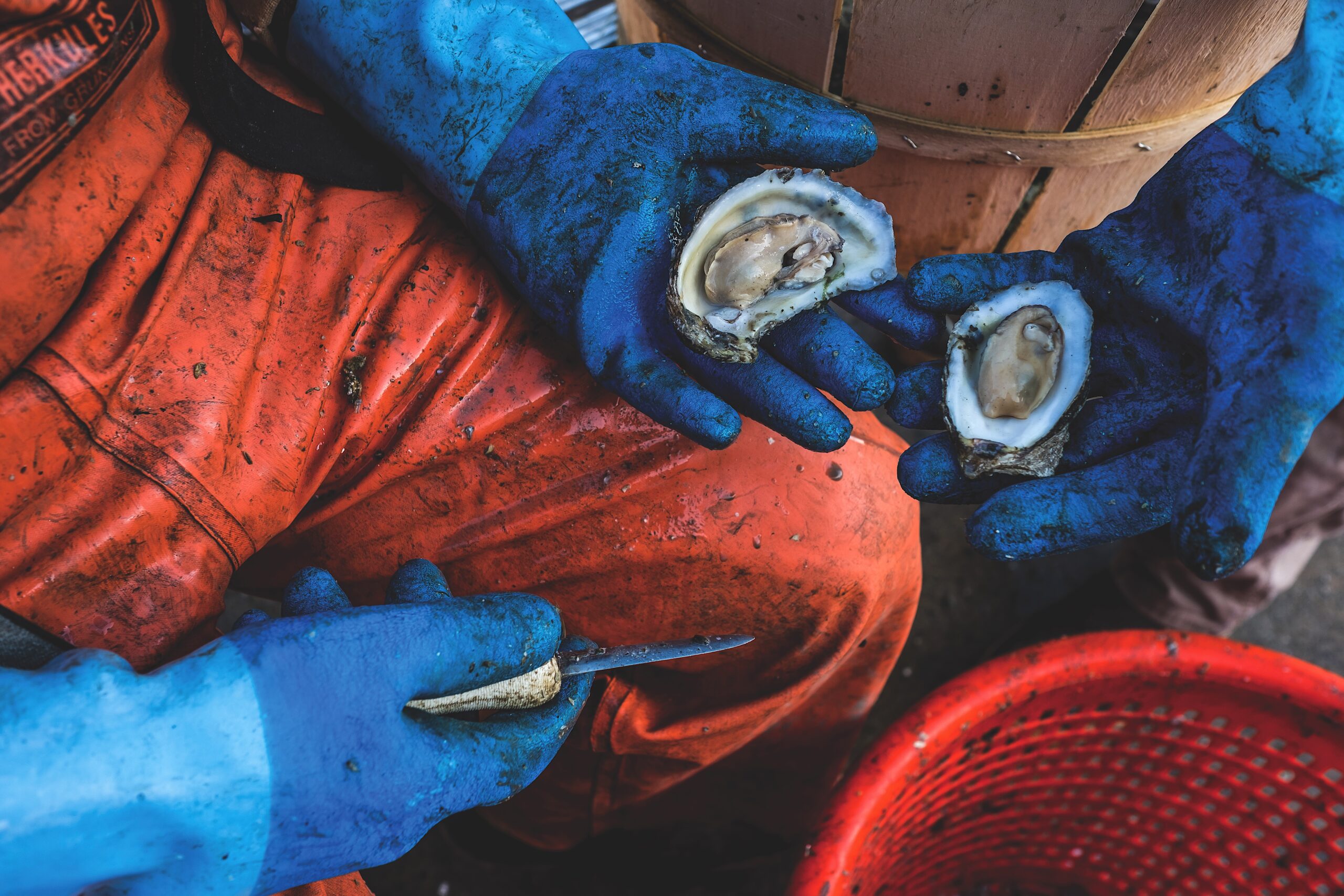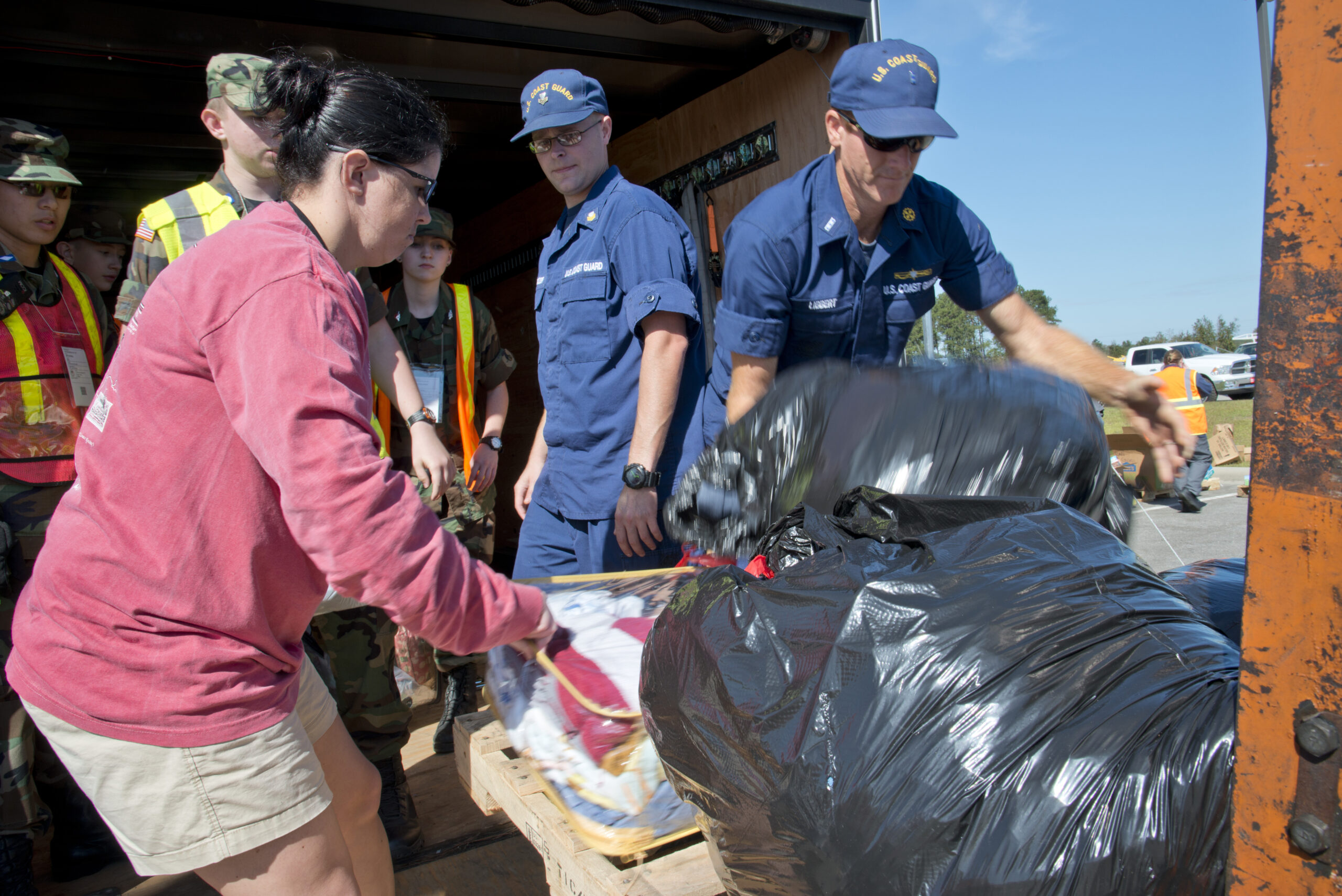Climate & Society: Is Climate Change Creating More Pirates?
Dwindling fish populations from warming waters could increase maritime crime.
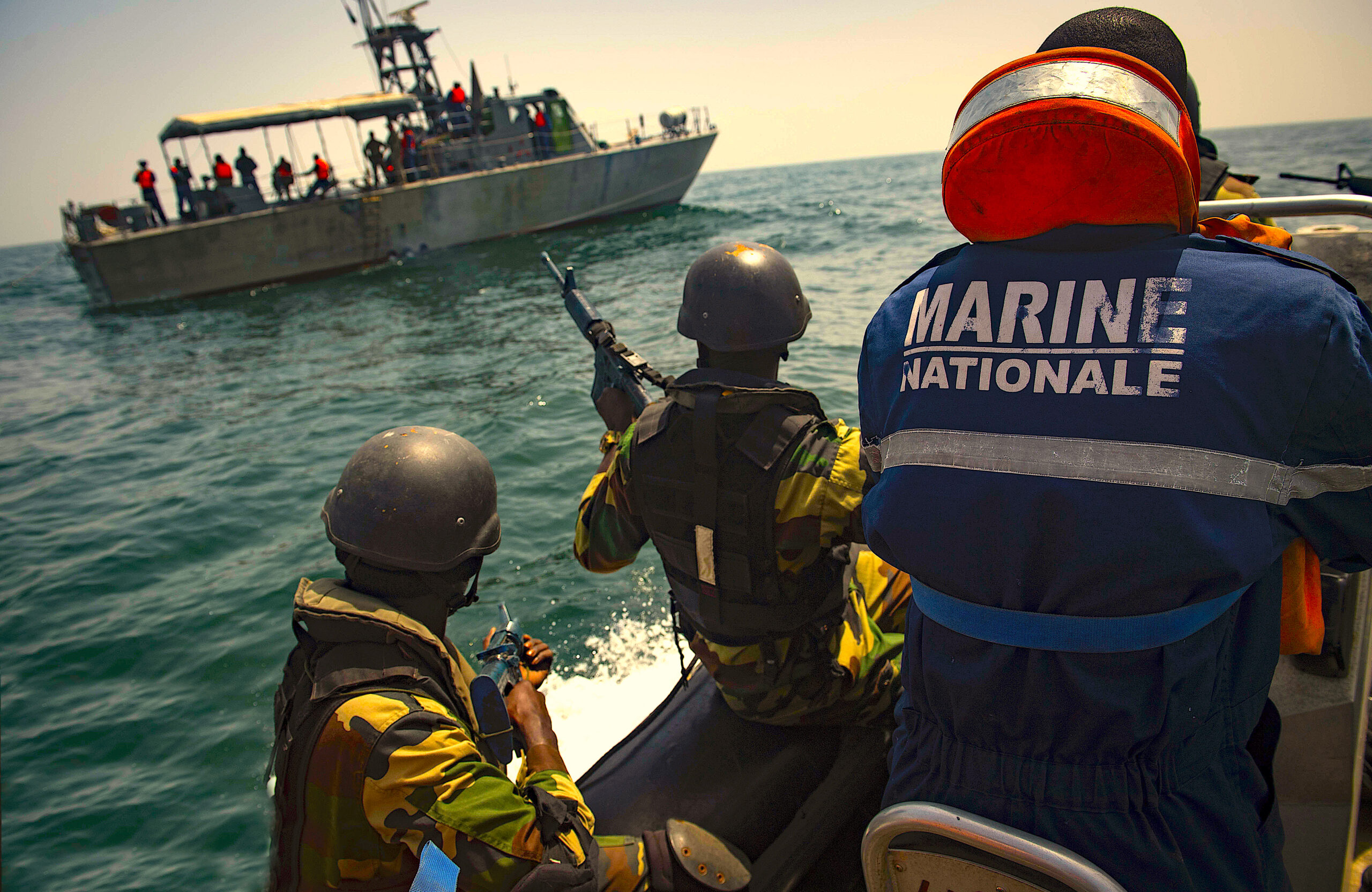
On July 11, 2023, the International Maritime Bureau (IMB) announced increased piracy activity in West Africa’s Gulf of Guinea, marking a shift in what officials expected to be another year of fewer attacks. One of these incidents involved pirates abducting six crew members less than two weeks before, who, at the time of the IMB’s report, were still missing.
Pirates captured the crew members on June 30, near the port of Douala in Cameroon, along the Gulf of Guinea. Pirate activity in the area had been ramping up that month, with vessels reporting robberies and attempting boardings. On the day of the kidnapping, in fact, pirates confronted two fishing vessels, and the Cameroon military aboard the ships exchanged fire with the attackers, driving them away.
An hour later, Oya 1, a Congo-owned general cargo ship, sent calls for assistance as pirates approached and began boarding. Cameroon military arrived swiftly, but not before the assailants had abducted the six crew members who remained missing when the IMB released its report.
Along with piracy, illegal fishing is also on the rise in the area. Commercial Asian and European fishing vessels deplete the gulf’s fish populations, affecting the livelihood of local small-scale fishers and the sustainability of their seafood industry. Fishers who cannot support their families can apply their naval skills to piracy to supplement their income.
These problems are also not unique to the Gulf of Guinea. Although Africa’s west coast saw more pirate activity in 2023, its east coast has also seen its fair share of piracy and illegal fishing. New research on East African waters and the South China Sea describes another potential aggravator of dwindling fish populations that could lead to more piracy: climate change.
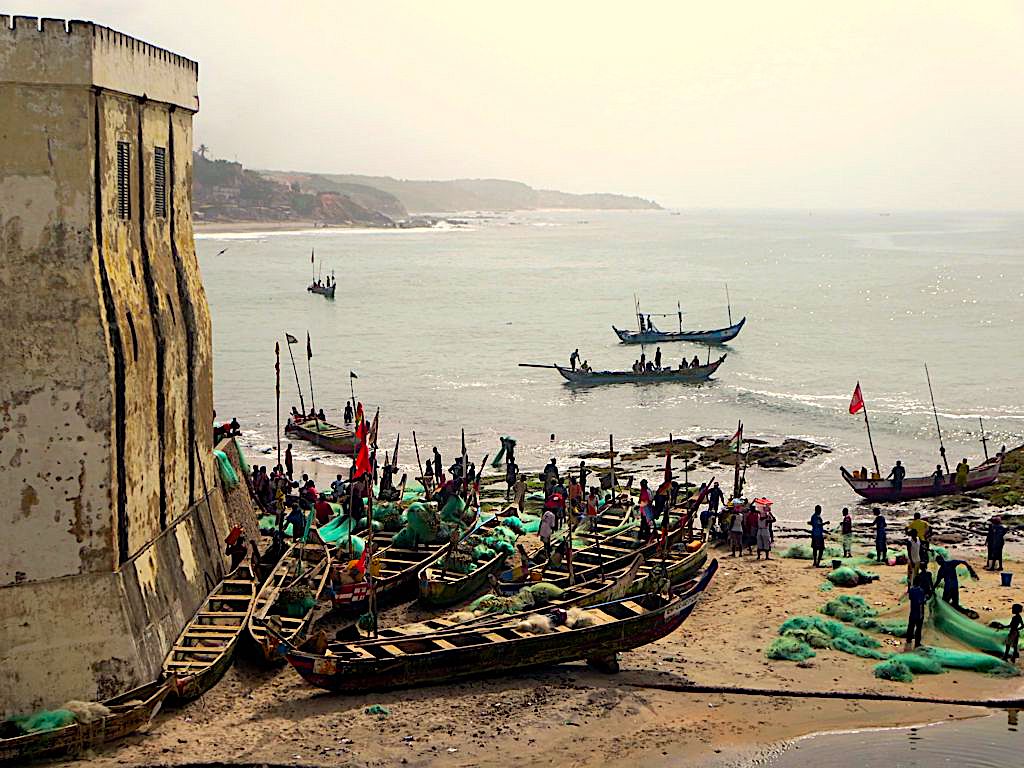
University of Maryland’s Gary LaFree and the University of Macau’s Bo Jiang published their findings on piracy and climate change in the American Meteorological Society’s Weather, Climate, and Society in 2023.
Their analysis of 15 years of piracy data and sea temperatures suggested that maritime crime rose as fish populations diminished from hotter sea temperatures, as in East Africa. Conversely, in areas where warmer waters led to more fish, such as the South China Sea, there were fewer instances of piracy over time.
“These results suggest that as climate change continues, its impact on violence and criminal behavior will likely be complex, with increases and decreases depending on the specific situational context and the rational choices changing sea temperatures generate,” explains Jiang.
Researchers say this points to the nuanced nature of criminality. Most people, when able, chose to support themselves through legal work and only turned to piracy when they felt they had little choice. Scientists often refer to this population of conditional lawbreakers as “part-time pirates” or “standby pirates,” illustrating how financial insecurity leads to last-resort criminality.
“Crime is much more of a dimmer switch than an on-off switch,” says LaFree. “These fishermen drift into crime when the economy is bad, and they drift out of it when they’re able to. This sort of hard dichotomy between criminals and noncriminals is way more porous.”
This suggests that addressing the drivers of decreased fish populations, such as illegal fishing and climate change, could curb the surge of piracy. The researchers plan to expand this research to 109 countries to determine if the same trends hold true elsewhere.
“The proposed research will tell us the extent to which climate change may alter the socio-political and environmental situations where terrorist organizations can proliferate, rise, and grow, as well as offer insights into the individual decisions to engage in terrorism,” says LaFree.
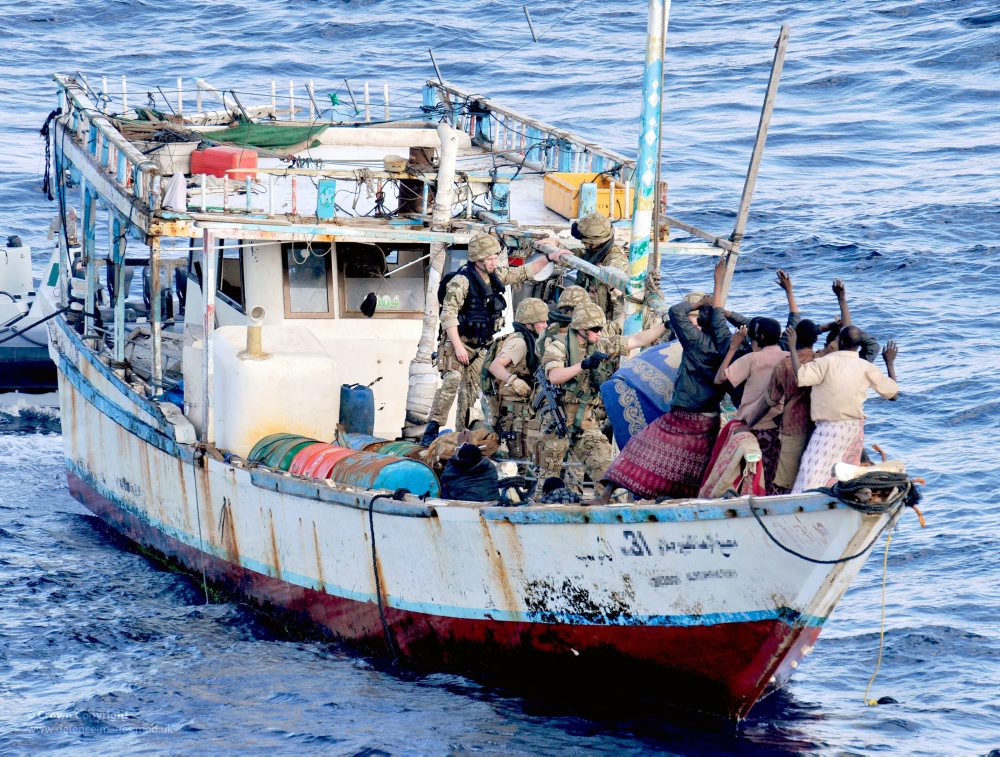
As for the abducted seafarers of Oya 1, pirates held the crew members hostage for nearly two months, finally releasing them near the end of August. In October, the IMB reported incidents of piracy were higher than the previous year, with kidnappings or hostage situations posing the greatest threats to crew members.
This story uses information and quotes from a news release from AAAS:
“UMD criminologist, Ph.D. alumnus find link between rising sea surface temps and piracy”
full study
“Climate Change, Fish Production, and Maritime Piracy”
the story of the kidnappings
“Six Crewmembers Abducted in West Africa as Piracy Attacks Increase“
Marlo Chapman is a science communicator with North Carolina Sea Grant and a graduate student in rhetoric and composition at NC State University.
